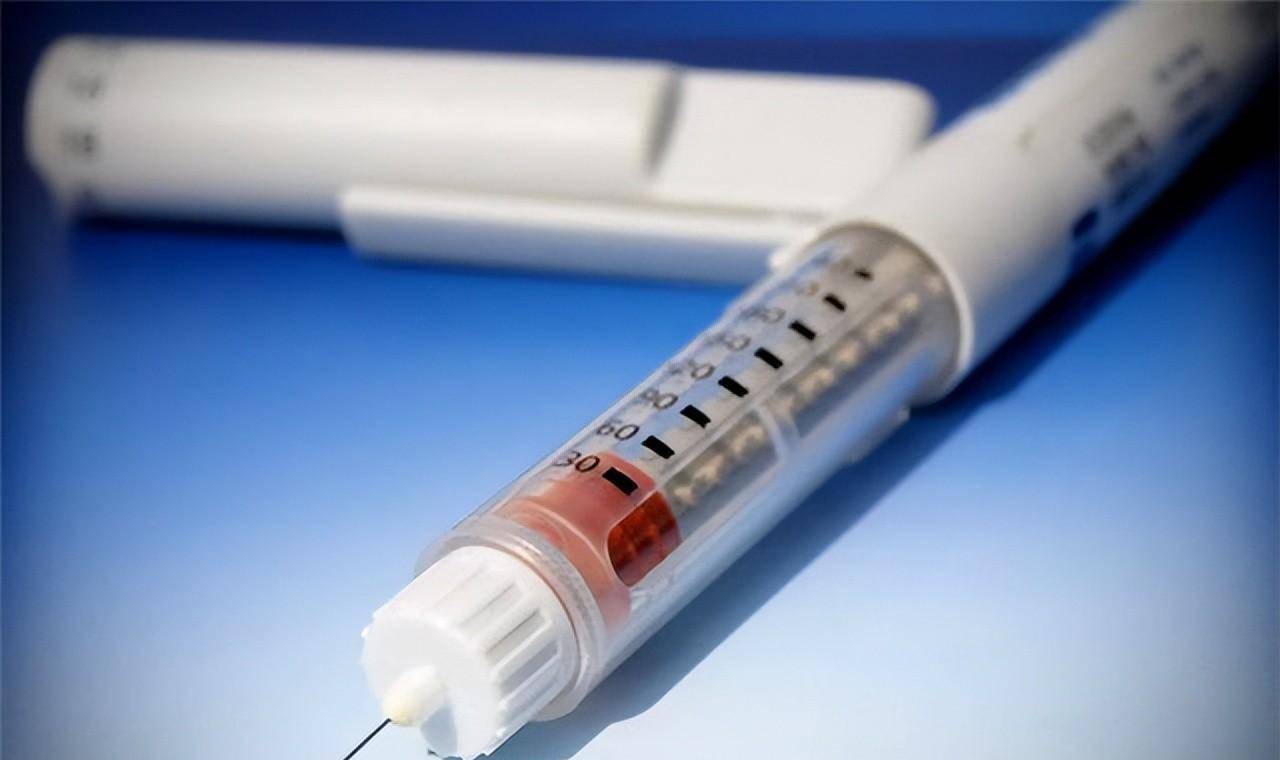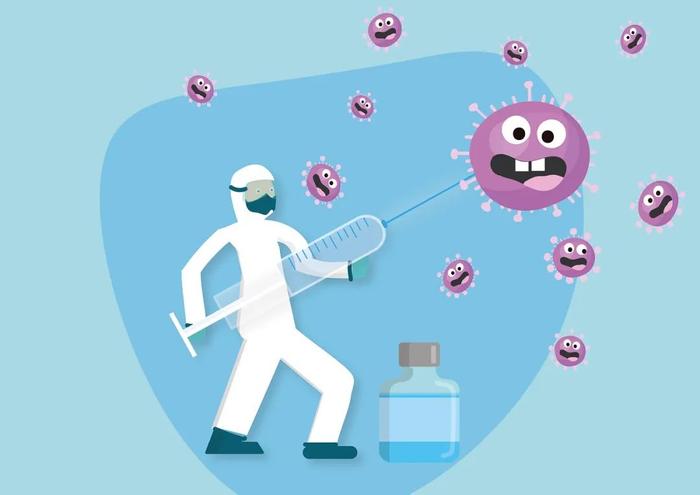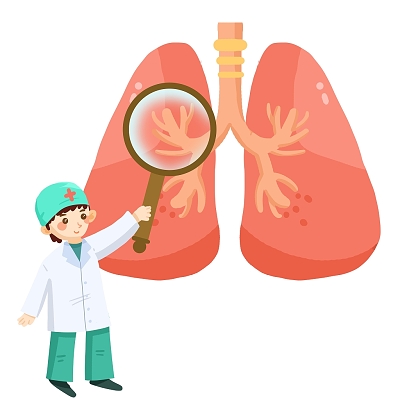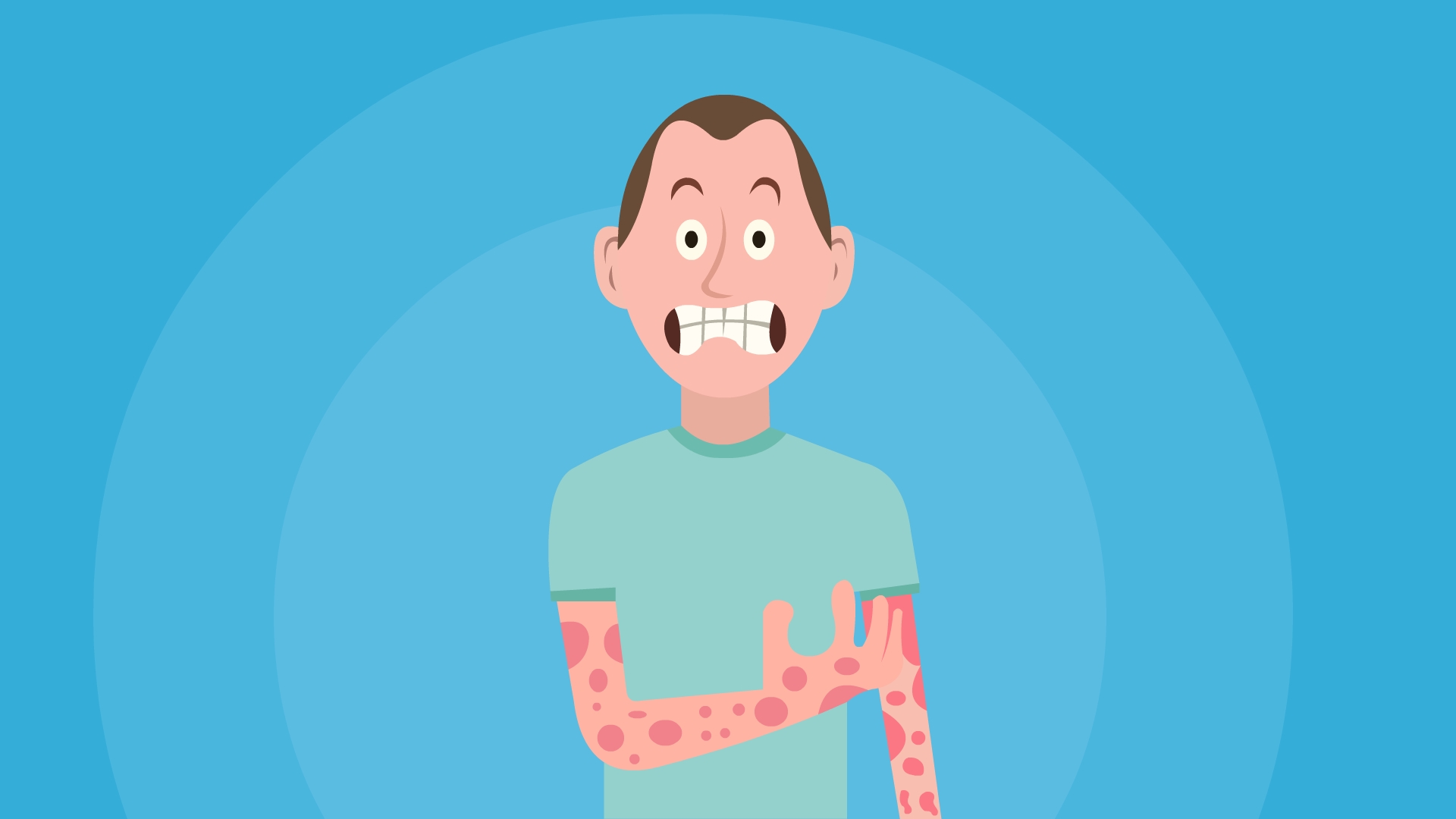Understanding atopic dermatitis: the skin allergy stuff
Do you often feel itchy, or your skin turns red, and sometimes you have strange skin problems? This could be allergic dermatitis at work. Allergic dermatitis is a common skin problem, and while it may make you feel uncomfortable, you'll be able to cope with it better if you learn a little bit about why it happens, what the symptoms are, and how to deal with it. In this article, I'll work with you to demystify atopic dermatitis and help you figure out how to keep your skin healthy.

Allergic dermatitis is a skin problem that is often called eczema. It causes the skin to become itchy, red, and sometimes swollen, and it feels like you've been bitten by a tiny mosquito. Just like eczema, atopic dermatitis can occur at different ages, but young children are more likely to get it.
The big problem with atopic dermatitis is that our immune system can become "allergic" to certain things and the skin becomes red, swollen and painful. These "allergies" often include:
First, there are foods, such as milk, eggs, peanuts, etc., which sometimes make the skin angry. There are also environmental factors, such as pollen, dust mites and other tiny things, which can make the skin feel uncomfortable. There are also chemicals, like detergents and fragrances, and sometimes your skin reacts to contact with them. So, if your skin is allergic to any of these things, touching them may make your skin feel very uncomfortable.
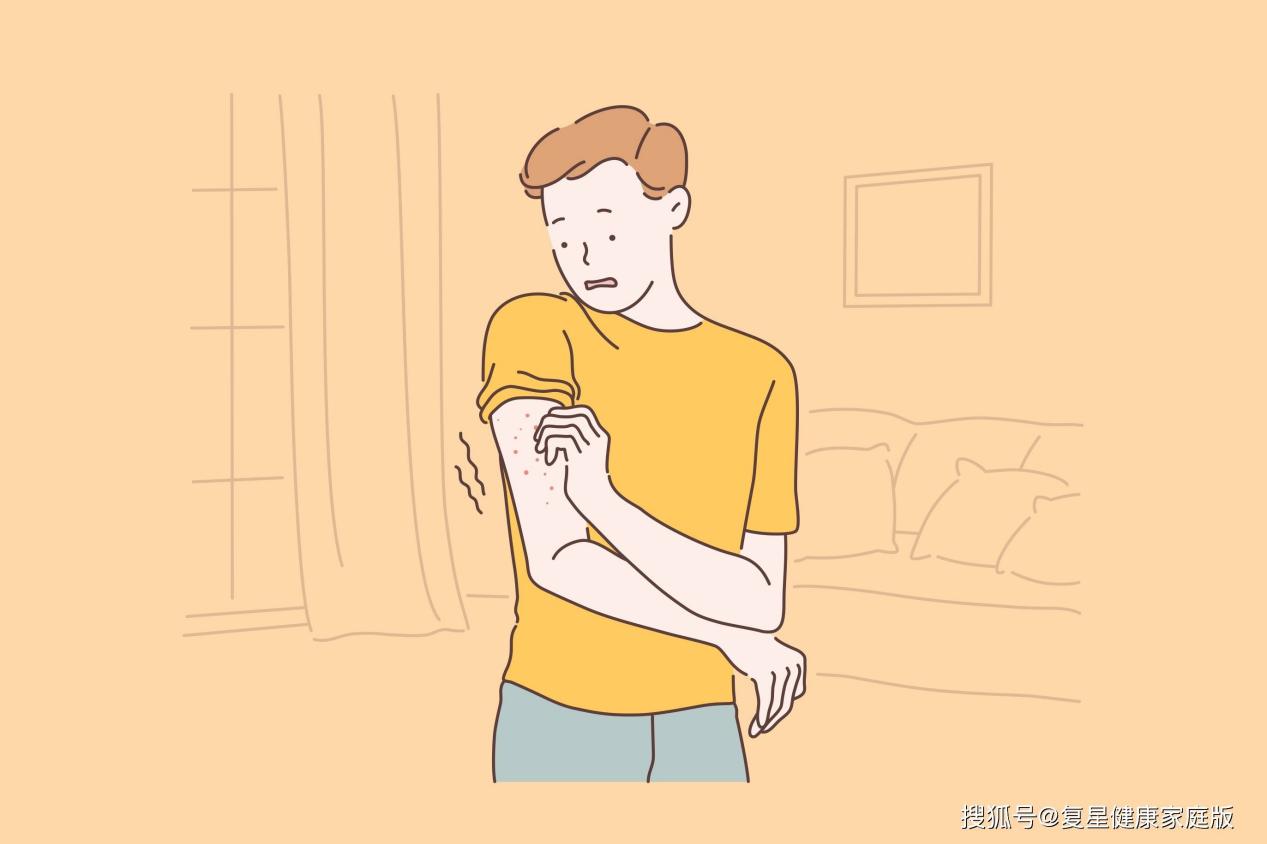
Although the symptoms of atopic dermatitis are different for everyone, some common signs are: first, the skin may feel itchy and then become red. Sometimes small blisters may pop up, or hard lumps may form on the surface of your skin. Let your skin may also become dry and feel a little rough. Although atopic dermatitis may affect you from time to time, there are some simple things you can do to control its symptoms: first, try to find out what triggers the allergy, and if you feel that a certain food or substance may make you uncomfortable, try not to touch it. Next, make sure your skin stays moisturized with some light moisturizer to help keep your skin from drying out and itching. Also, avoid harsh skin care products and opt for gentle scrubs that will minimize your skin's discomfort.
Finally, wear breathable and comfortable cotton clothing, which will not only reduce friction on your skin but also make you feel more comfortable.
If atopic dermatitis is making your life miserable, or if your skin shows signs of infection, like reddening, swelling, or even pus, it's important to see a doctor as soon as possible. Your doctor will give you some advice on how to treat it, depending on your condition.

You may be asked to apply some ointment on your skin, or you may be prescribed some medicine to take, and a few other methods, all to help your skin get back to health. But it's okay, we can still laugh about atopic dermatitis. Keeping clean and avoiding those things that our skin doesn't like may calm our skin down a little bit. And it's always a good idea to consult a medical professional - after all, they're the "diplomats" of allergy issues and can help you reconcile with your skin's immune system.‘
In conclusion, if atopic dermatitis is making your skin uncomfortable or there is something out of the ordinary, don't hesitate to seek help from your doctor is a good idea.
(Writer:Dick)
